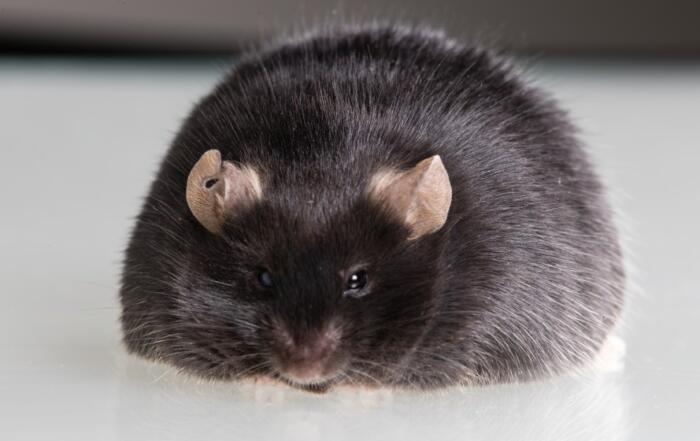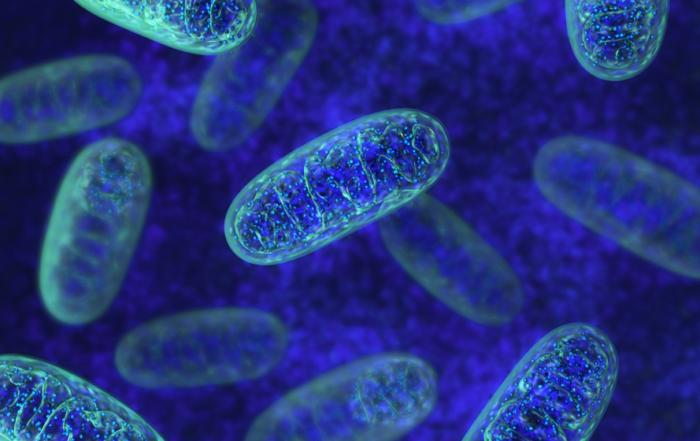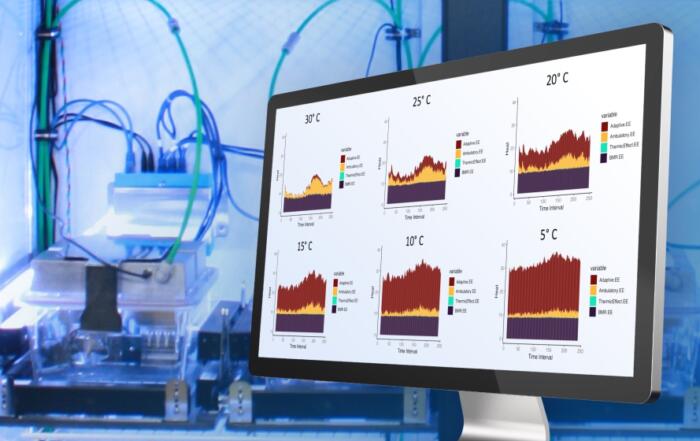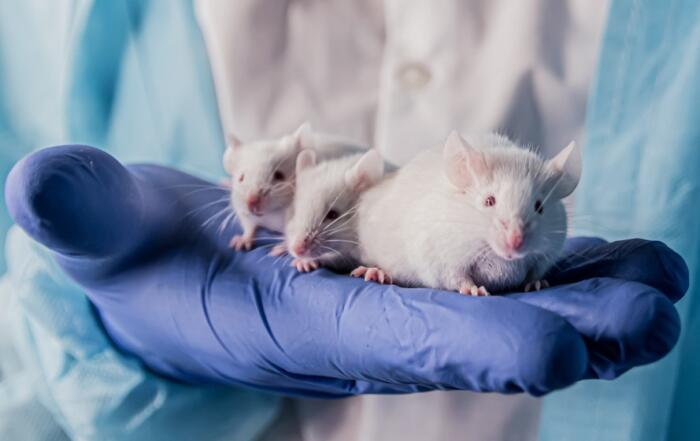Join Caroline Williams, PhD and Eric Riddell, PhD as they discuss their research involving climate change and the ecophysiological effects of changing global temperatures on organismal biology and survival.
Winter in a Changing World: the Critical Importance of Snow
Caroline Williams, PhD
Winter climate change is driving range shifts and changes in species abundance globally, reconfiguring biodiversity and disrupting ecosystems. Caroline’s lab aims to understand how winter climate change will impact the ecology and evolution of insects and other ectotherms, in order to predict when and where populations will increase versus decline. Energy availability is a key fitness determinant in winter, when resources are scarce and animals must survive in dormancy using stored reserves. A challenge lies in scaling up energy use measurements taken over short timescales in the laboratory, to estimate energy use over longer timescales in the field; where conditions vary over time and space. This challenge is compounded by the fact that daily variability in temperatures strongly impacts energy use over winter, and failing to account for daily thermal variability can result in substantial inaccuracies in energy use predictions. Caroline has developed and tested eco-physiological models that can accurately predict energy use of overwintering beetles in the field using fine-scale microclimate data, and apply these models to predict energy use along replicated elevational transects in the Sierra Nevada mountains, where snow cover increases but air temperatures decrease with increasing elevation. Using these models, she shows that energy use declines with increasing elevation for soil-dwelling organisms, even taking into account the longer winters at snowy high elevations, and that snowy years are more energetically demanding but impose lower risk of lethal cold.
Using Ecophysiology to Predict Extinction Risk From Climate Change
Eric Riddell, PhD
A fundamental question in ecology is to understand how the properties of the organism influence the geographic range of the species. Eric’s research seeks to identify how mechanisms across the biological hierarchy of organization influence patterns and processes ecology. To do so, he blends experimental physiology, gene expression, and mechanistic species distribution models to predict when, where, and why species might persist across a landscape. These approaches are particularly useful for understanding the ecological impact of climate change. During this webinar, Eric illustrates how integrative approaches that span from genes to geographic ranges might improve predictions of extinction risk from climate change, with a focus on terrestrial vertebrates. He will touch upon two very different systems – an amphibian in a temperate rainforest and a community of birds and small mammals in the desert – to demonstrate how physiological processes can scale up to influence population dynamics across space and time. By making these connections across the biological hierarchy, he hopes to improve how ecologists approach fundamental questions in ecology while simultaneously improving the ability to predict extinction risk of species from climate change.
Key Topics Include:
- Energy use models using microclimate data can accurately predict whole winter energy use.
- Colder soils in a warmer world: Snow modulates a trade-off between cold exposure and energy use for soil dwelling organisms.
- How processes at the genetic level can influence ecological processes, such as geographic ranges.
- Complex methods to make realistic predictions on the ecological impact of climate change.
Click to watch the webinar recording. To view the presentation full screen simply click the square icon located in the bottom-right corner of the video viewer.
Resources
To retrieve a PDF copy of the presentation, click on the link below the slide player. From this page, click on the “Download” link to retrieve the file.
Presenters
Associate Professor
Integrative Biology
University of California, Berkeley
Assistant Professor
Ecology, Evolution, and Organismal Biology (EEOB)
Iowa State University










